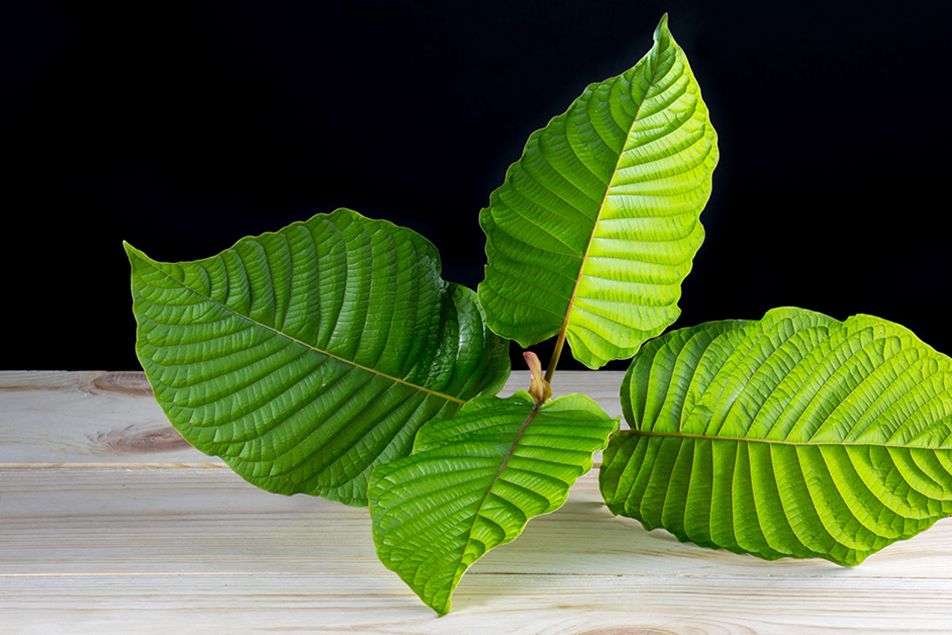In recent months, there’s been a lot of talk around the natural product Kratom. The supplement has been making headlines lately due reports of injury, addiction and death. Jason Eakins, PharmD, Pharmacy Practice Resident, offers more information on the dangerous drug, and an important warning.
What is Kratom?
Kratom (Mitragyna speciose) is a tropical tree that has traditional and ceremonial uses in Africa and Southeast Asia. In these parts of the world, the leaves are often chewed or consumed as powder to help with fatigue. Kratom has also been used to relieve pain and ease opiate withdrawal in some parts of Asia. Here in the U.S., the substance has become an increasingly popular alternative therapy and drug of abuse and is readily available on the recreational drug market.
Is Kratom dangerous?
When taken at high doses, adverse effects of this herbal supplement include racing heart rate, abnormally low blood pressure, liver damage, seizures and psychosis.
Is Kratom legal?
In August 2016, the Drug Enforcement Agency (DEA) announced that it was temporarily reclassifying Kratom as a Schedule I drug. Drugs with a Schedule I classification are considered to have no accepted medical use and a high potential for abuse. Other drugs with a Schedule I classification include heroin, LSD and marijuana. Currently, the FDA is aware of 36 deaths involving products made with Kratom and hundreds of calls to poison control centers.
After the DEA reclassified this herbal medication as a Schedule I drug, there was a good deal of public backlash. As a result, this classification was withdrawn in December of 2016. There is still contention as to whether Kratom has a place in medical therapy. At this time, Kratom is legal in the U.S., however, the FDA commissioner has issued a public health advisory against the use of Kratom and warns of its deadly risks.
The bottom line.
Overall, Kratom use has increased in the U.S. as a substitute to narcotic pain medication and as an additive to pain medication. Because these products are not regulated by the FDA, it is difficult to determine the quality and quantity of the Kratom in these products. The recommendation from the FDA is to avoid the use of this product, as it has been shown to have harmful side effects and potential for abuse.




